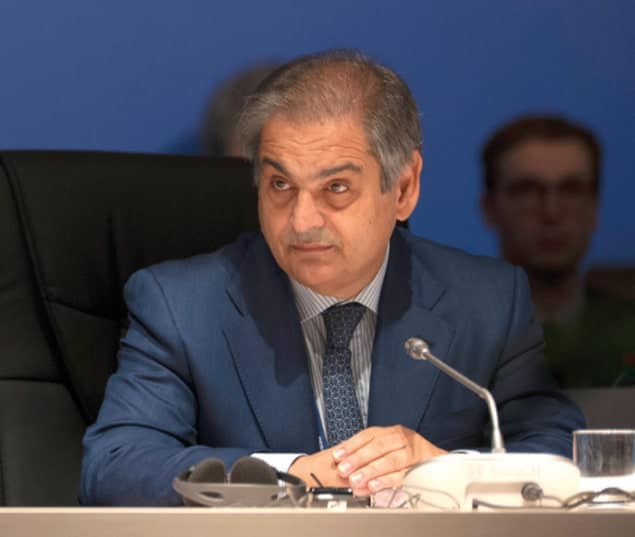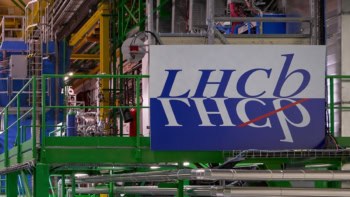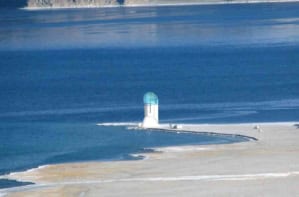
Italy’s space activities have been thrown into uncertainty following the resignation of Enrico Saggese as president of the Italian Space Agency (ASI). Saggese stepped down in the wake of investigations by prosecutors regarding possible fraudulent contracting, expenses-paid holidays and questionable consultancies awarded by the agency. The organization, which has an annual budget of around €500m, will now be run by a government-appointed commissioner until a new president is nominated.
The presidency of Saggese, an electronics engineer, was controversial from the start. He took over as a commissioner in 2008, after the then government of Silvio Berlusconi removed the existing president, astronomer Giovanni Bignami. Saggese’s arrival angered many scientists not only for the treatment handed out to his predecessor but also because of question marks over the new chief’s independence. Saggese was vice-president for space activities at one of ASI’s biggest contractors – aerospace and defence giant Finmeccanica. Doubts notwithstanding, however, he was appointed president of the agency a year later.
According to the newspaper La Stampa, the latest investigations were sparked by a whistle-blowing ASI manager who told prosecutors in Rome that he had noticed “irregularities” in the agency’s operations, including “invoices for non-existent transactions”, and who said that Saggese had threatened to ruin his career when he brought the matters to light. The prosecutors subsequently put Saggese and six other individuals under investigation for their alleged involvement in bribery, the offices and homes of whom were raided by police on 6 February.
Investigators are also studying documents relating to a lavish trip to California that Saggese is alleged to have laid on for 33 guests using mainly public money. The visit, which cost a reported €930,000, is said to have involved business-class flights and nine days’ worth of luxury accommodation in order to watch a rocket launch that in the end did not take place.
Stepping down
In his letter of resignation, which he sent to research minister Maria Chiara Carrozza the day after police searched his offices, and which was accepted a few hours later, Saggese claims he is innocent of any wrongdoing, asserting his “complete extraneousness to the alleged actions”. He explains that he decided to quit “in the interest of the ASI’s international prestige” and in order to “better defend my uprightness, respectability and prestige”.
According to Rodolfo Guzzi, a former ASI director, the agency essentially stopped funding basic research during Saggese’s presidency. He says that of the agency’s roughly €100m budget for domestic activities, all bar a few million was awarded to commercial enterprises, whereas previously a substantial fraction of the money had supported projects at research institutes and universities.
That funding will now remain blocked until a new president is appointed, Guzzi adds. Although that should not lead to any of the ASI’s roughly 200 employees being laid off, it might, he points out, cause industry to cut back on personnel. Aldo Sandulli, a professor of administrative law from Suor Orsola Benincasa University of Naples, was appointed ASI commissioner – a temporary position – in an interim basis on 12 February. Carrozza has set up a selection committee to provide her with a short list of candidates for the presidency.
In addition to Saggese, the other suspects include a brother and a sister who are both employees of Finmeccanica and are based at the ASI, as well as the parents of the pair, who are the majority shareholder and administrator of a Turin-based company awarded contracts by the agency. Another two individuals are also under investigation and they work for ASI supplier companies – one in a travel agency that organizes holidays for the agency’s employees and the other for a firm that provided Saggese with a re-chargable credit card. Prosecutors are also looking into the activities of a number of consultants to the ASI, including the wife of a Finmeccanica manager who is reported to have earned €15,600 over six months for her “psychological support” to agency employees.



